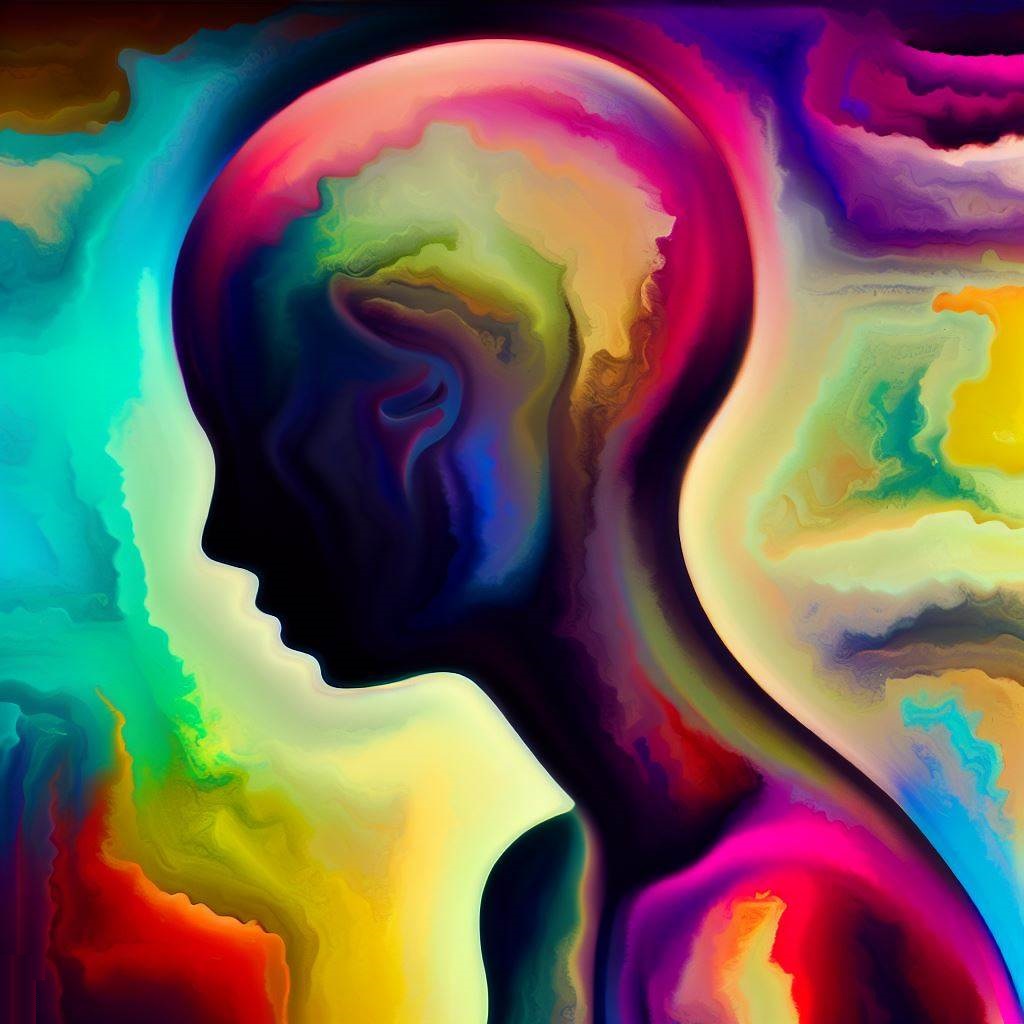Misunderstanding of Loneliness: Reducing it to a Simple Feeling. Now, don’t get me wrong. Loneliness can indeed be a feeling, but it can also become a persistent problem if not properly addressed.
Table of Contents
- Introduction
- The Misconception of Loneliness
- Loneliness: An Emotion or a Condition?
- Affects of Loneliness
- Conclusion
- Call to Action
Introduction: Misunderstanding of Loneliness
It’s about time we address the elephant in the room – the misunderstanding of loneliness. Do you ever find yourself feeling alone, even when you’re in a room full of people? Have you ever felt misunderstood or misjudged because of your feelings of loneliness? If your answer is yes, then this blog post is meant for you. Let’s take a moment to debunk some of the myths surrounding loneliness and cast a light on the truth.
The Misconception of Loneliness

When we hear the term “loneliness,” we often associate it with being physically alone. However, loneliness extends far beyond physical isolation. It’s not about being alone, but rather about feeling alone. Surprising, isn’t it? Feeling lonely is a subjective experience that involves feeling disconnected or misunderstood by others. Different people may experience loneliness in different ways. The situation is more complicated than it seems.
Loneliness: An Emotion or a Condition?
Another aspect is categorizing misunderstaing of lonelines as a mere emotion. Now, don’t get me wrong. Loneliness can indeed be an emotion, but it can also become a chronic condition if not properly addressed. Prolonged feelings of loneliness can lead to what is known as chronic loneliness, a state that can have serious implications on our mental and physical health. So, is it just an emotion or a condition? Well, it can be both. It’s like a chameleon, adapting to the circumstances of our lives.
The Far-reaching Effects of Loneliness
Loneliness does not play favorites. It can affect anyone, regardless of age, gender, or social status. It can lead to mental health issues like depression and anxiety, and even physical health problems like cardiovascular disease and a weakened immune system. It’s like a silent predator, creeping up on us when we least expect it. But don’t worry, there’s hope. Understanding and acknowledging our feelings of loneliness is the first step towards dealing with it effectively.
Conclusion: Misunderstanding of Loneliness
This has led to a stigma that prevents many from seeking help. It’s high time we break this chain of misunderstanding and shed light on the truth. Loneliness is not a sign of weakness, but a natural human experience. Remember, it’s okay to feel lonely. It’s okay to seek help. And most importantly, it’s okay to talk about it. Let’s not allow the misunderstanding of loneliness to cloud our perception any longer.
Call to Action
We all can play a part in busting the myths surrounding loneliness. To begin with, let’s start the conversation today. Share this blog with your friends, family, and social network. In this way, we can spread awareness and understanding about loneliness. Moreover, remember that you are not alone in your feelings of loneliness. There are resources available to help. Here’s a link to a great resource for anyone struggling with feelings of loneliness or other mental health concerns.
